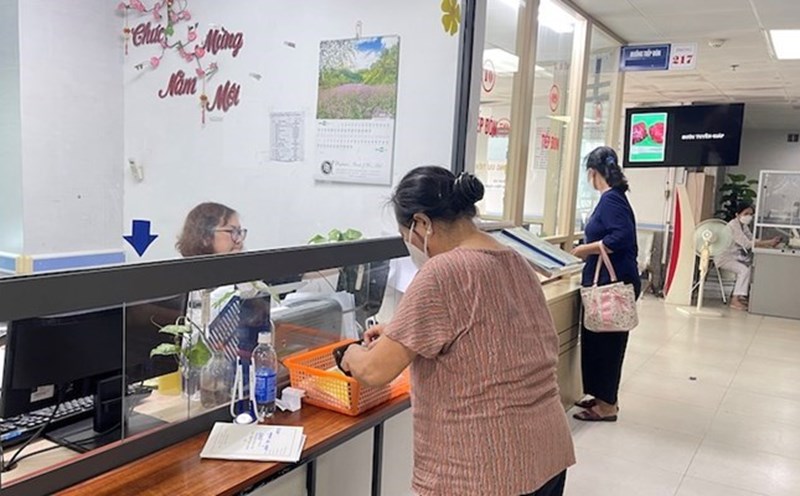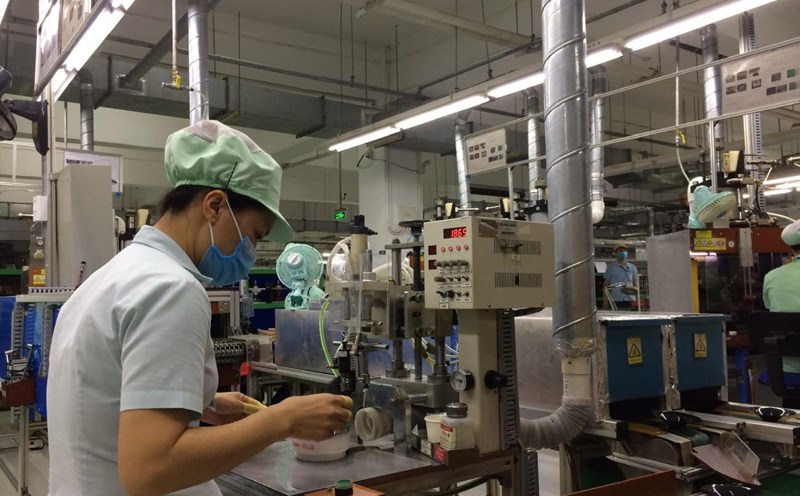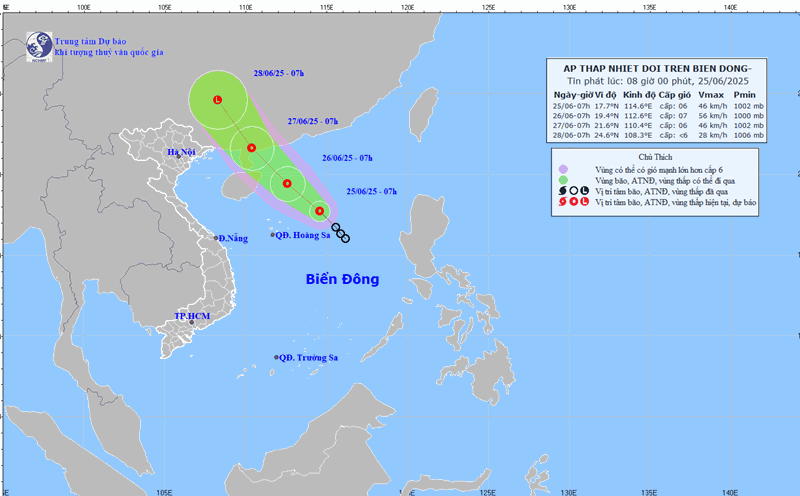Ms. Mai Thi Thuy (28 years old) - a garment worker in Nam Dinh said that she has been working for 4 years but the company has only increased her basic salary to pay social insurance twice. The current salary is about 10% higher than the regional minimum wage.
"After 4 years of working, I realized that only when the State increases the regional minimum wage, does the company adjust the basic salary for paying insurance for employees" - Ms. Thuy said.
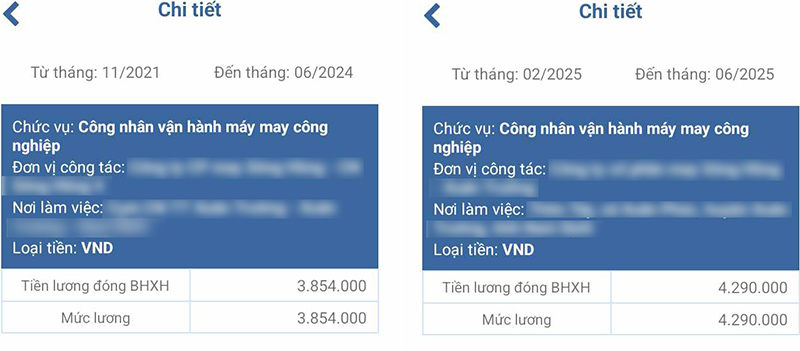
The female worker said that most workers did not proactively propose to increase the basic salary because they thought it would not have much impact on their actual income at the end of the month. The lack of recommendations also puts no pressure on businesses to adjust and increase wages for workers.
Sharing more specifically, Ms. Thuy said that her food allowance mainly depends on monthly output, not working time. If you do well, your salary will be high, on the contrary, if you do not do well, your output will be low, and your salary will be quite low.
However, when receiving insurance benefits, Ms. Thuy could not help but feel sad.
"A week of hospitalization, basic salary is low, so I only receive 165,000 VND per day while the hospital fee deducted from health insurance still has to be paid nearly 500,000 VND, not including food expenses, medicine, and supplies arising from insurance" - Ms. Thuy said.
In early 2026, Ms. Thuy planned to have children, so she felt even more disadvantaged because the benefit level was quite low.
"My relative has worked elsewhere for more than 4 years but the basic salary is 5.5 million VND/month. When I became a mother, I received more than 33 million VND while I calculated that I only got about 25 million VND" - Ms. Thuy said.
Ms. Pham Thi Ly (37 years old, Bac Giang) said that her current insurance salary is only 4.3 million VND. When she had to quit her job to take care of her sick child and receive leave for holidays and Tet, she was extremely worried.
"The basic salary is low, so all regimes related to social insurance are also low. I took 10 days off from taking care of my child when I was sick in the hospital, the cost of treatment and meals cost nearly 2 million VND but I only received 1.7 million VND in insurance" - Ms. Ly said.
Thinking further, Ms. Ly is more worried about unemployment benefits, and her pension will not be high if the social insurance contribution rate increases by a few tens of thousands of VND/year.
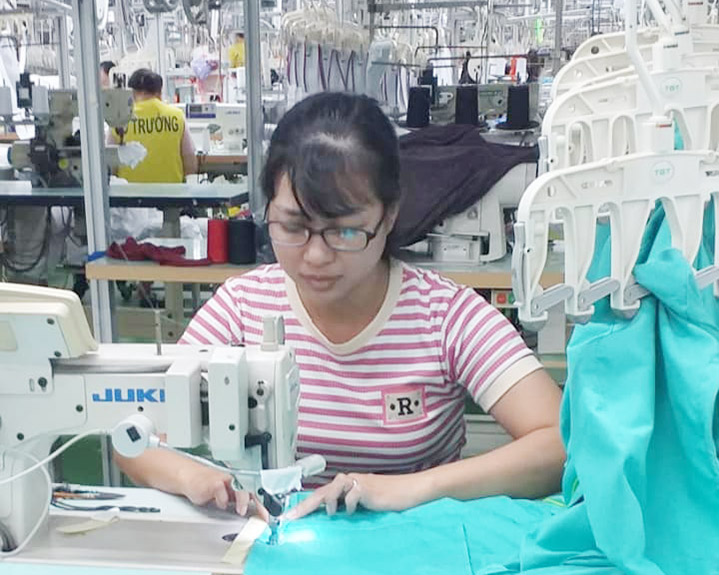
Working as a garment worker does not have a professional allowance or toxic allowance like other professions. Therefore, the social insurance contribution rate is mainly the salary given by the company, excluding allowances.
According to the female worker, the basic salary is only adjusted to increase when the State requires an increase in regional minimum wage, promotion or work in another more important position.
Sharing about her wishes, Ms. Ly hopes to have her regional minimum wage adjusted annually so that companies can comply with the adjustment. The reasonable increase for female workers is at least 6%/year or higher up to 10% for the textile and garment industry group or salary-paying jobs according to output.


